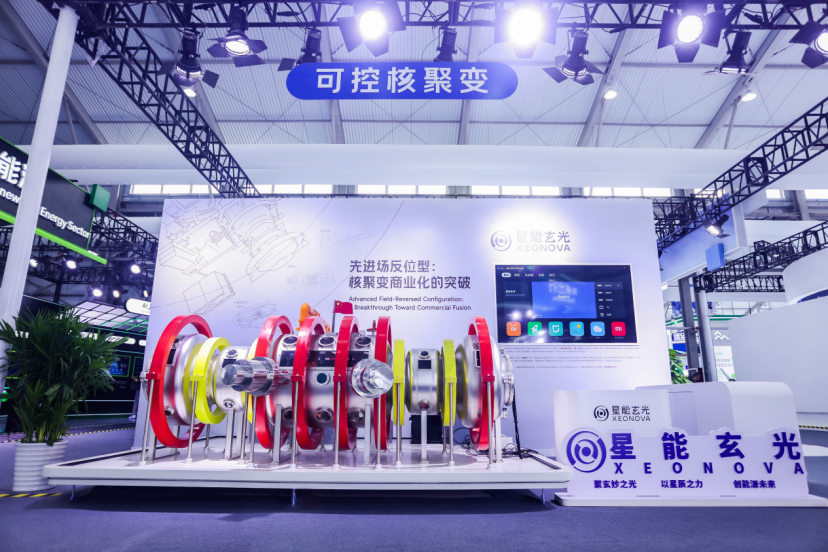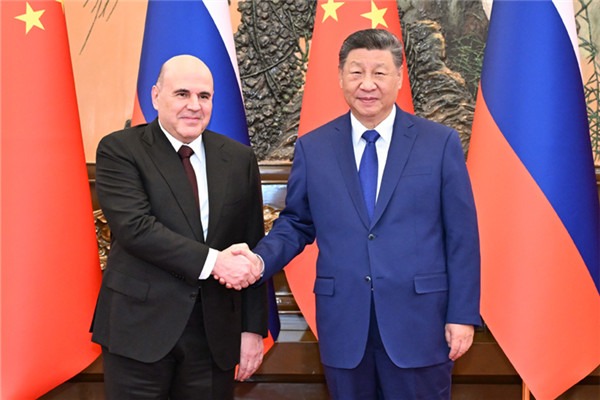Shanghai tech conference showcases AI in action


Wang said, "We also expect AI computing to have high electricity demand, which traditional electricity supply methods may not be able to meet, so our own demand is to power future AI data centers."
He also mentioned that AI can optimize plasma control in fusion reactors, an area previously relying on empirical methods.
China possesses notable strengths in the fusion energy supply chain, despite global competition, according to Wang.
"From a technology assessment by a team of Massachusetts Institute of Technology's Chinese alumni, our country has three advantages compared to other countries." These advantages include ultra-high voltage power transmission technology, thin-film superconducting materials, and tritium extraction.
Xeonova has ambitious goals, with plans to generate electricity from its fusion device within 5 to 10 years.
"Within 5 to 10 years, we want to achieve the first kilowatt-hour of electricity in our device," Wang said. "If this goal is achieved, we will be the first company in China to generate electricity from nuclear fusion."
- US enterprise eyes deeper ties and strategic focus at CIIE
- Netherlands' firm Louis Dreyfus to introduce new products at CIIE
- CIIE to be fully powered by renewable energy
- China's west-to-east gas transmission project marks commissioning of third pipeline
- Xpeng's flying car factory begins trial operations in Guangzhou
- 11 held accountable for Guizhou boat accident





































